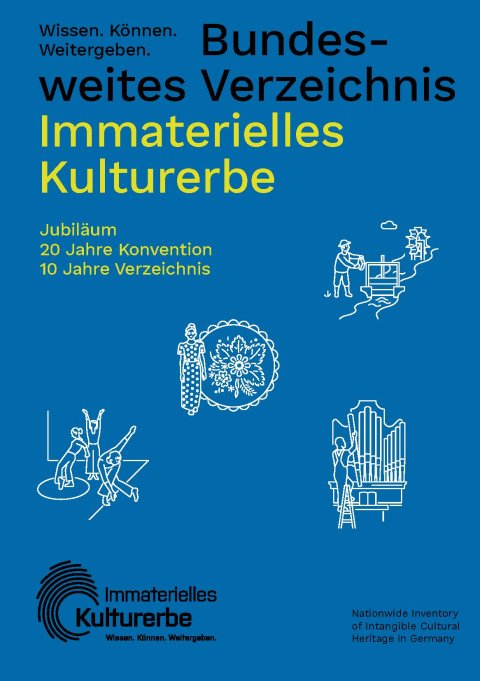Nationwide Inventory of Intangible Cultural Heritage
Orchard Cultivation
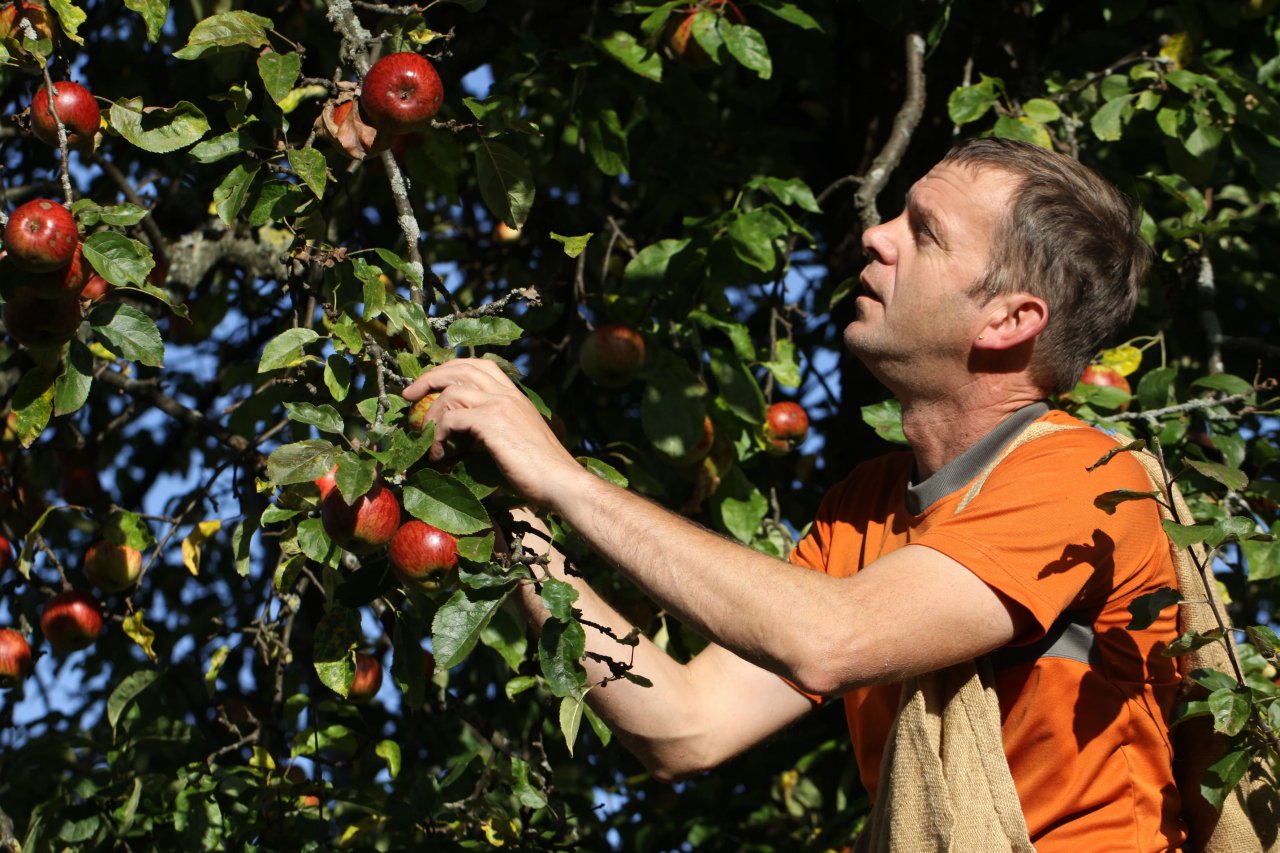
Orchard meadows protect the diversity, preserve the fruit varieties and shape the cultural landscapes. To this day they are maintained especially through volunteer work. They shape the landscape and offer recreation to the local population and tourists.

Facts & Figures
- Crucial date: Throughout the year
- Inscription: 2021
- Domain: Traditional craftsmanship, Knowledge and practice concerning nature and the universe
- Where to find: Nationwide (and abroad)
Since the mid-20th century, orchard populations have been declining throughout Europe. This means that we are culturally not only losing spaces where we can learn and experience but also an ecologically valuable habitat for animal and plant species. The orchard cultivation is kept alive through volunteer work.
An elementary component of orchard cultivation in Germany is biodiversity. Orchard meadows are species-rich biotopes that are home to numerous animal and plant species. They emerged from an agricultural and cultural development and are directly linked to human knowledge. Many populations were cleared in the 20th century, resulting in the loss of large areas of orchards. Today, it is less about clearing and more about dwindling knowledge, lack of skills and appreciation, high labour and time costs, and lack of profitability.
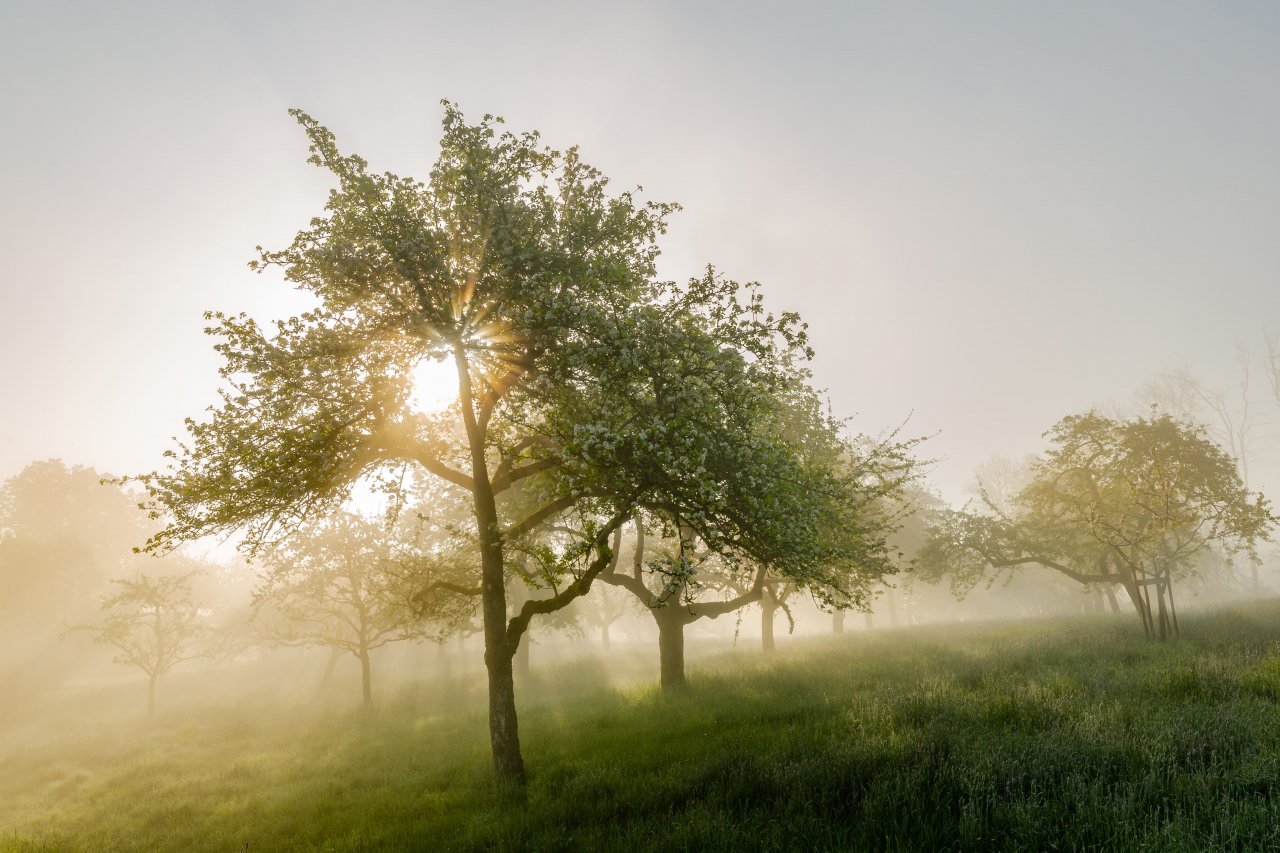
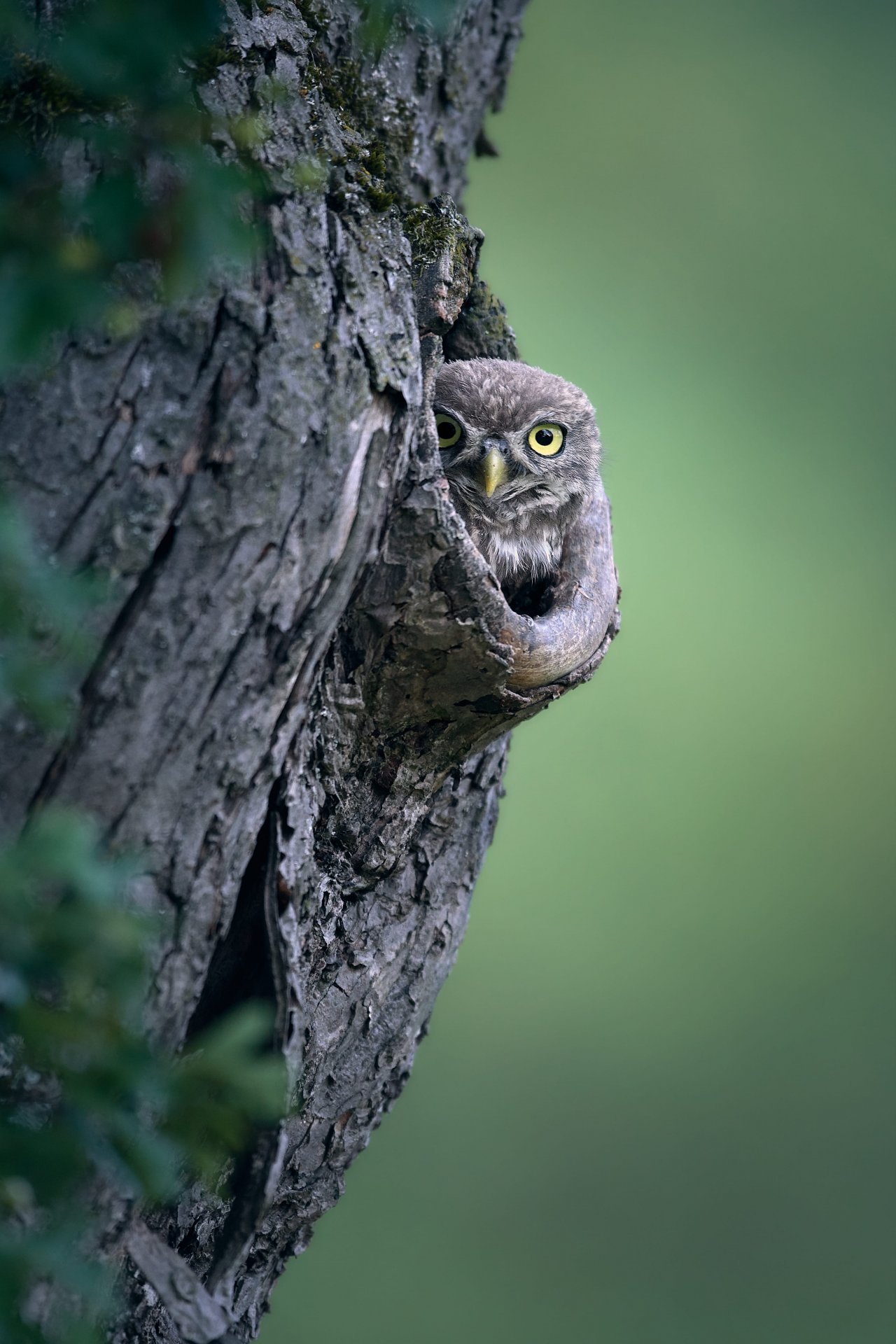
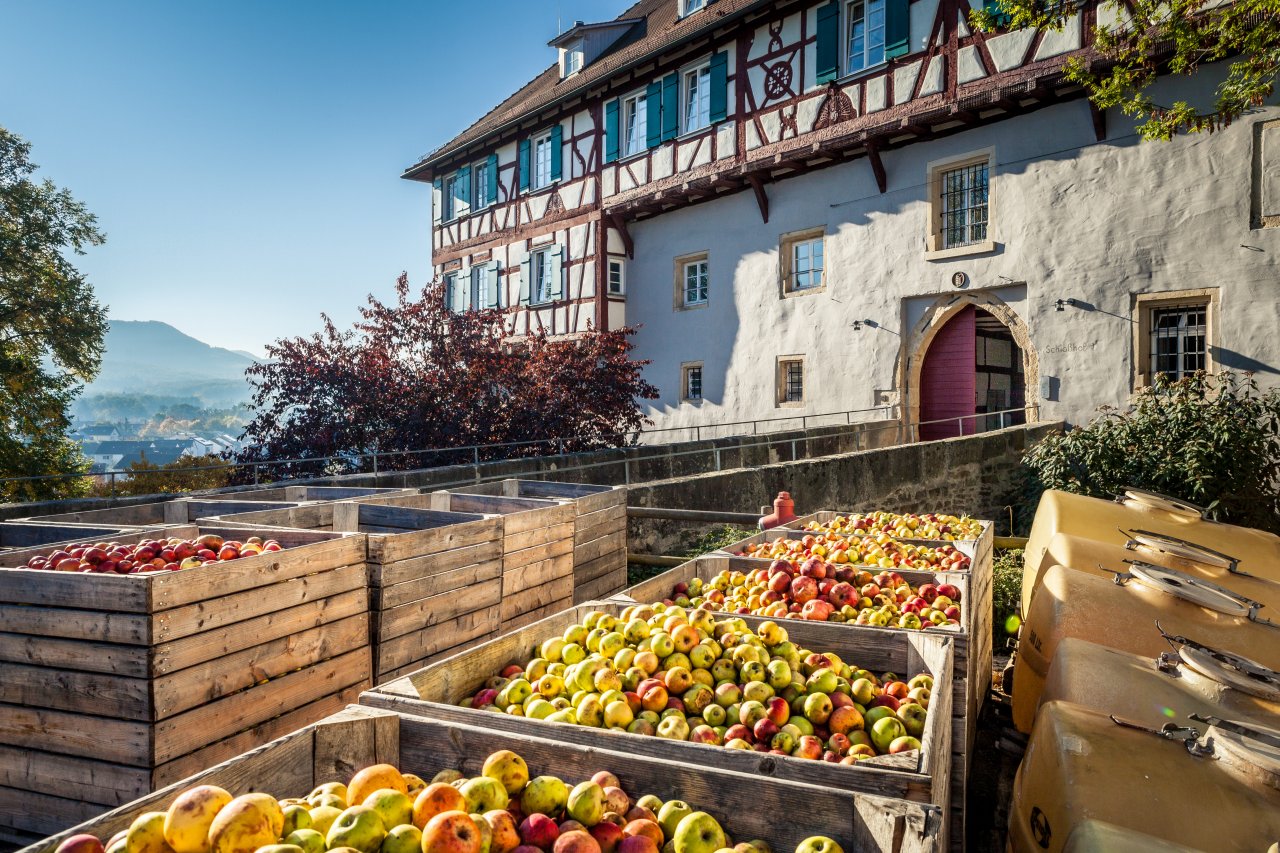
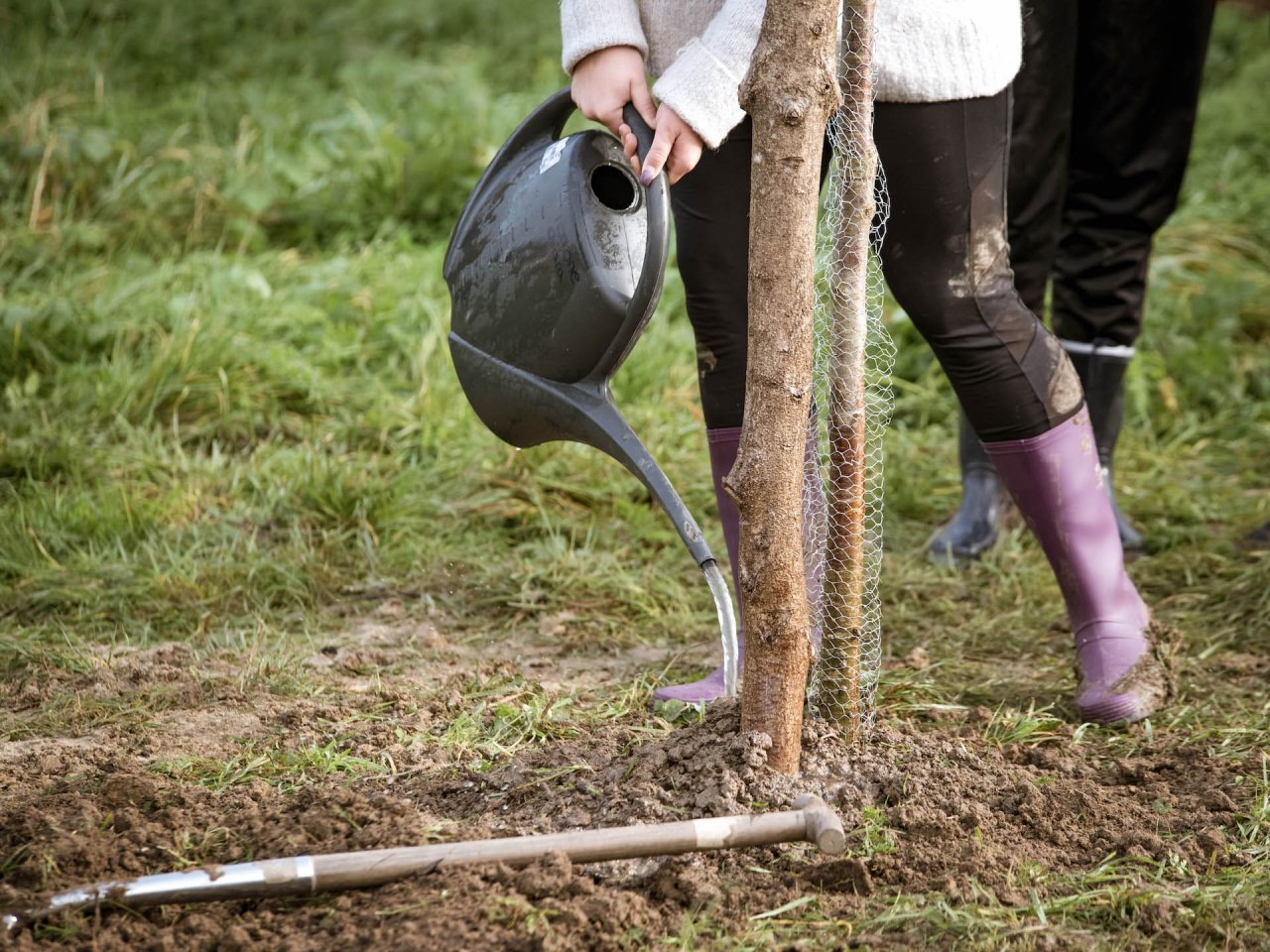
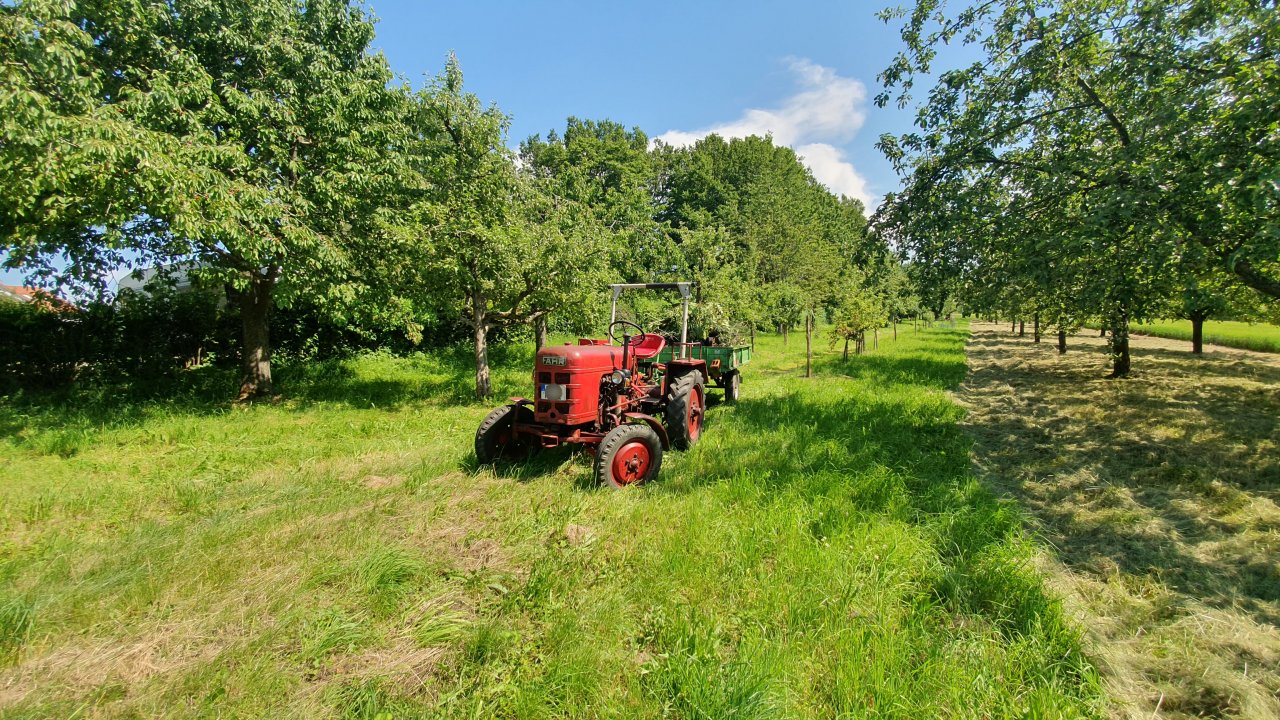
Craftsmanship and traditional knowledge
At the heart of orchard cultivation are the labour-intensive and time-consuming maintenance and management of the meadows and fruit processing. Traditional craft techniques are an integral part of the practice. The cultivation of orchards also includes various customs and rituals such as the planting of birth trees and numerous public events such as fruit, cider or fruit blossom festivals. Indispensable for the preservation of orchard cultivation is not only agricultural knowledge and the associated craft techniques, but also the knowledge of thousands of cultivated fruit varieties and the right locations for cultivation.
Heritage and regional identity
Orchard cultivation represents a part of the regional identity for the grower community and the population. The knowledge about orchard cultivation is preserved by numerous stakeholders from nature conservation and experts who pass on knowledge at conferences, through courses and hands-on training. Information is publicly accessible through interactive exhibitions in open-air museums, travelling exhibitions, orchard trails and online portals. Environmental education programmes are aimed at children and young people to engage the younger generation in the cultural form.


